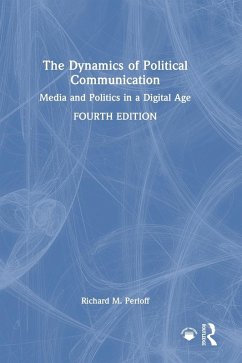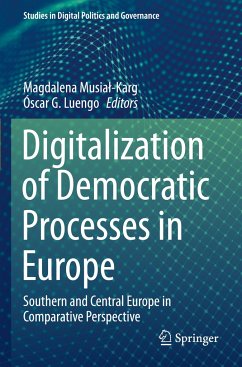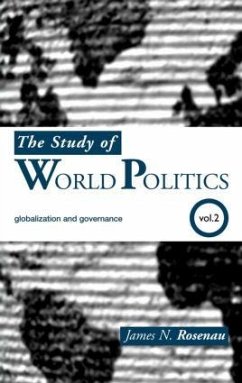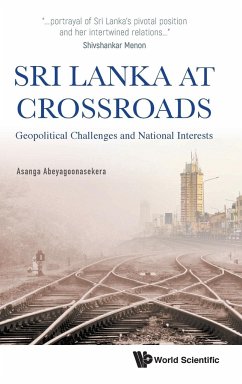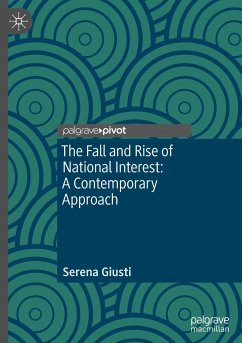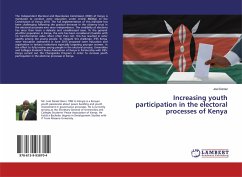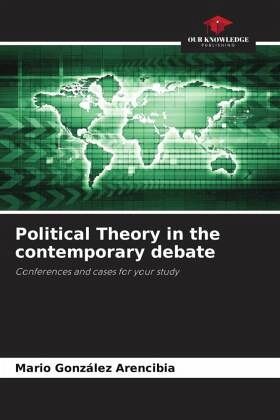
Political Theory in the contemporary debate
Conferences and cases for your study
Versandkostenfrei!
Versandfertig in 6-10 Tagen
76,99 €
inkl. MwSt.

PAYBACK Punkte
38 °P sammeln!
It presents an analysis of the main theories and currents of political thought that have defined contemporary processes worldwide. It begins with a historical journey through the roots of political thought, from classical antiquity to the influential ideas of Marxism. It invites through the presentation of analyses and case studies to explore key phenomena of the digital era such as cybersociety and cyberpolitics, examining their impact on social movements, electoral campaigns and citizen participation in the virtual environment. It delves into core concepts of political theory such as the Sta...
It presents an analysis of the main theories and currents of political thought that have defined contemporary processes worldwide. It begins with a historical journey through the roots of political thought, from classical antiquity to the influential ideas of Marxism. It invites through the presentation of analyses and case studies to explore key phenomena of the digital era such as cybersociety and cyberpolitics, examining their impact on social movements, electoral campaigns and citizen participation in the virtual environment. It delves into core concepts of political theory such as the State, representative and participatory democracy, electoral and party systems. It analyzes challenges such as ideological polarization, demands for greater inclusion and pluralism, and the rise of left-wing governments. A section is dedicated to the study of the Cuban political system, its historical evolution since the revolutionary triumph, its electoral particularities and the tensions generated by the economic blockade imposed by the U.S. The work covers guiding principles, geopolitical strategies and the role of multilateralism among States.





